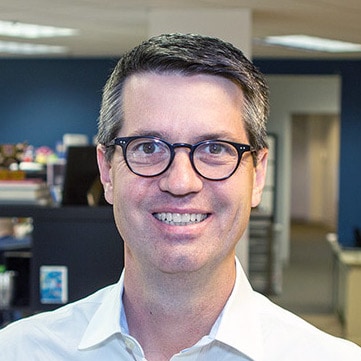Articles by Timothy Flacke
-
Guest Articles
Monday
August 17
2020The Case for Stakeholder Dividends: Why It’s Time for the Financial Sector to Put Its Money Where Its Mouth Is
While the financial devastation of COVID-19 may remind America's working families of the 2008 crisis, Peter Tufano and Timothy Flacke at Commonwealth argue that this time, banks can be the heroes rather than the villains. They explain why this will require banks to make a pivotal choice between enriching their shareholders and supporting their stakeholders – including the country's most vulnerable customers.
- Categories
- Coronavirus, Finance
-
Guest Articles
Monday
March 16
2020Coronavirus is Shining a Light on America’s Lack of Paid Sick Leave: Here’s How Savings Can Help
As the coronavirus pandemic unfolds, public health authorities are encouraging people to stay home if they're sick. But for many U.S. workers – especially those with lower-incomes and gig economy jobs – taking a sick day is unpaid, so staying home has serious financial implications. Timothy Flacke at Commonwealth highlights this challenge, and discusses how innovative savings solutions can help.
- Categories
- Coronavirus, Finance, Health Care
-
Guest Articles
Wednesday
September 18
2019Mariel Beasley / Timothy Flacke
Building Financial Stability: Can Liquid Savings Help Recession-Proof the Economy?
Though the U.S. economy is experiencing a historic expansion, stock market jitters and other recent developments have some economists predicting a recession. And according to Mariel Beasley at Common Cents Lab and Timothy Flacke at Commonwealth, cracks have been forming beneath the surface of the economy for a long time. They explore the surprising financial insecurity facing American households, and explain why short-term, liquid savings could help mitigate the effects of a future recession before it begins.
- Categories
- Finance
- Tags
- financial health, research, savings
-
Monday
October 6
2014NexThought Monday – Borrowing from Yourself: Innovations that help low-income debtors become savers
There should be huge returns to helping more Americans raise the range of their cash positions – their financial zone of operation, writes Timothy Flacke of Doorways to Dreams. In some cases, moving that range even $500 or $1,000 higher might mean less frequent use of costly short-term credit - which could help prevent short-term borrowing from becoming chronic debt, as is so often the case with payday loans. But how?
- Categories
- Uncategorized

